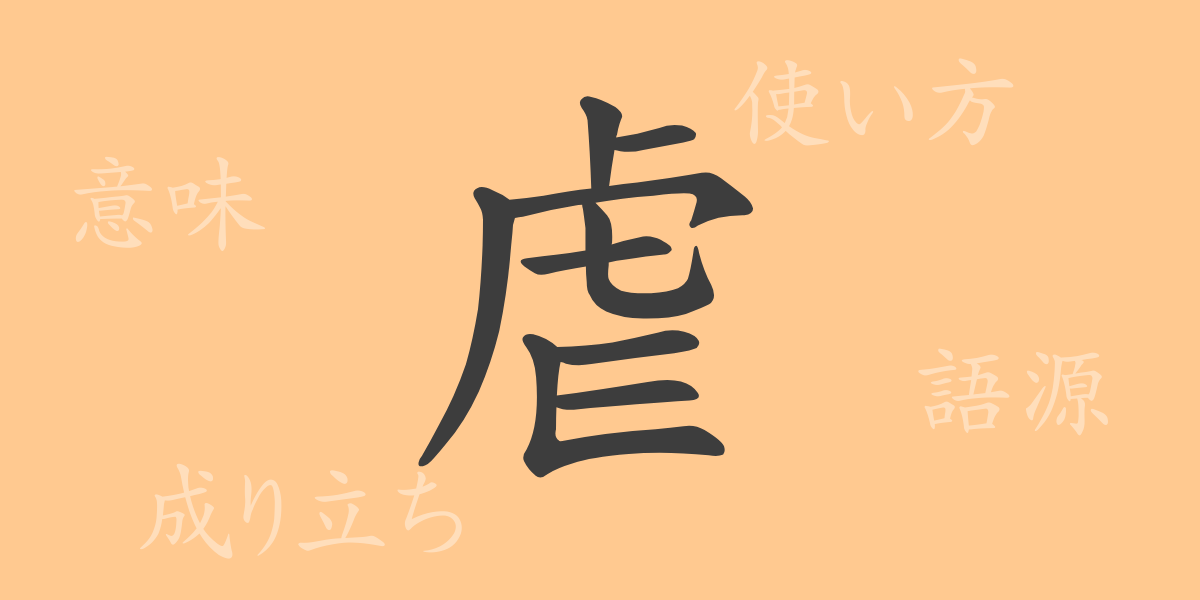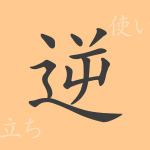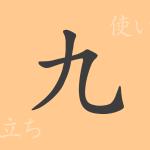Behind the rich expressiveness of the Japanese language lies a multitude of kanji characters. Among them, “虐” (gyaku) is known for its profound meaning related to emotions and actions. This article explores the origins and contemporary uses of this kanji, shedding light on the role of “虐” (gyaku) in Japanese.
Origin of 虐 (語源)
The kanji “虐” (gyaku) originated in ancient China. Derived from pictographs, this character originally depicted a person oppressing another. Over time, its shape and meaning evolved, and “虐” (gyaku) came to signify the act of a stronger individual tormenting a weaker one. This reflects the social structures and relationships of ancient times.
Meaning and Usage of 虐 (gyaku)
The kanji “虐” (gyaku) primarily means “to bully” or “to torment.” Words and expressions containing this kanji often refer to inhumane acts committed by humans against other people or creatures. In modern Japanese, terms like “虐待” (ぎゃくたい, gyakutai, abuse) and “虐殺” (ぎゃくさつ, gyakusatsu, massacre) convey the severity of such actions from an ethical standpoint.
Reading, Stroke Count, and Radical of 虐 (gyaku)
The kanji “虐” (gyaku) has distinct readings and structure.
- Reading: The on-yomi (Chinese reading) is “ギャク” (gyaku); there is no kun-yomi (Japanese reading).
- Stroke count: 9 strokes.
- Radical: The radical is “虍” (とらかんむり, torakanmuri), meaning tiger crown.
Idioms, Proverbs, and Expressions Using 虐 (gyaku)
Words and expressions containing “虐” (gyaku) add depth to the Japanese language due to their strong meanings. For example:
- 虐待 (ぎゃくたい, gyakutai): Acts that cause physical or mental suffering.
- 権力の虐用 (けんりょくのぎゃくよう, kenryoku no gyakuyou): The improper use of power.
- 虐殺 (ぎゃくさつ, gyakusatsu): The act of taking many lives indiscriminately, often in tragic events.
Summary on 虐 (gyaku)
The kanji “虐” (gyaku) has played an important role from ancient times to the present in the Japanese language. It conveys the suffering of those oppressed and raises ethical issues. Frequently used in terms related to severe societal problems like abuse and massacres, “虐” (gyaku) teaches us the importance of understanding the weight of words and using them appropriately.

























